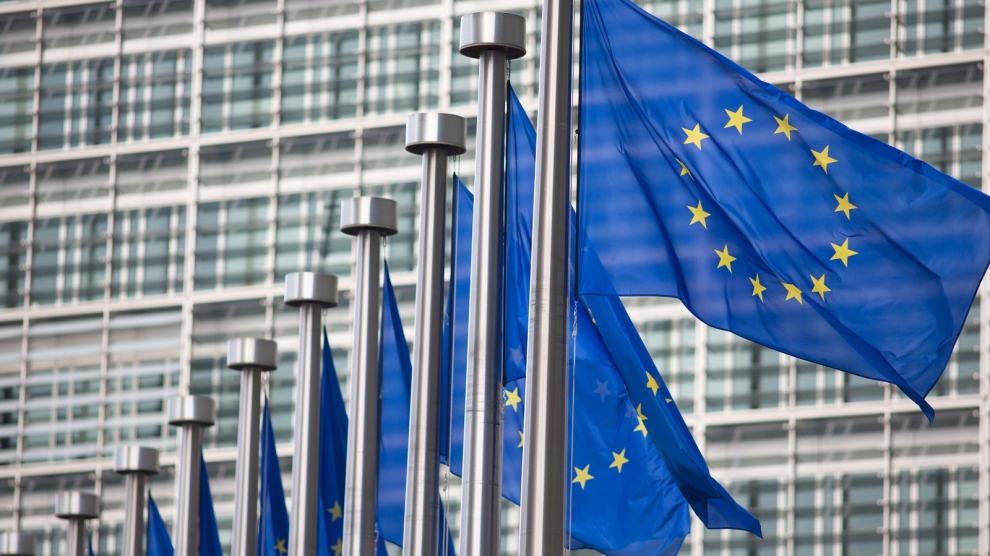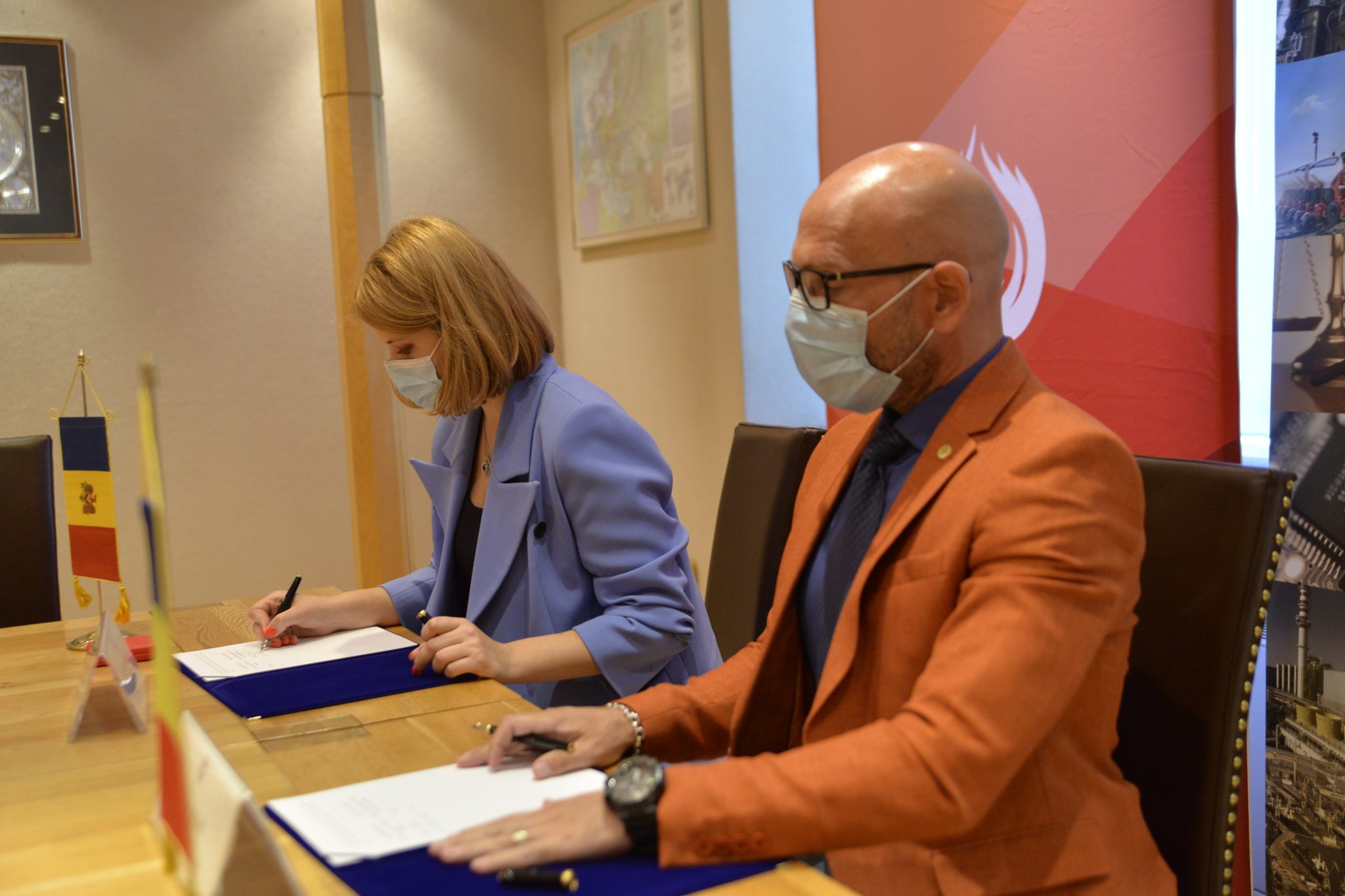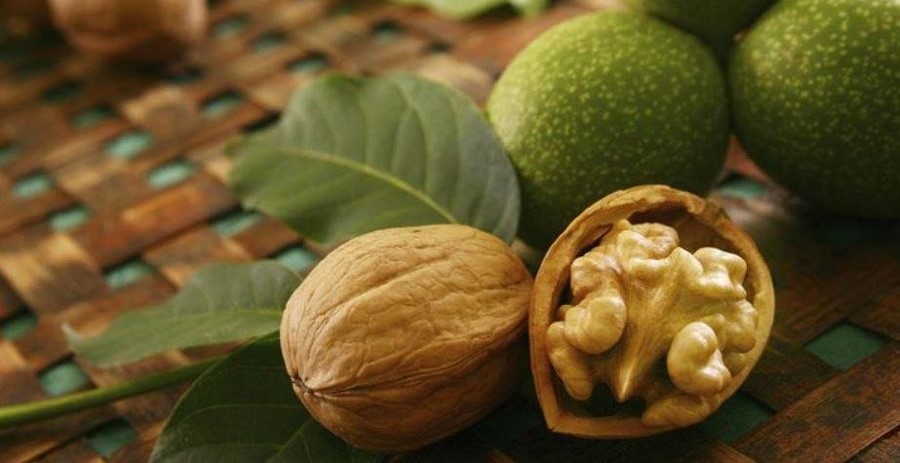Economy
Top-10 Economic Events
Reading Time: 3 minutesMost relevant economic events in 2007 in Moldova
Most relevant economic events in 2007 in Moldova, according to the BASA-press News Agency:
1. Stock Exchange Moldova has officially registered the purchase of Mobiasbanca by Societe Generale Group de France. This is the biggest transaction in the Stock Exchange’s history. Societe Generale offered a price of 313.9 mln lei (18.4 mln EUR) for the majority shareholding (70.57%) held in the bank by the American investment fund Development Capital Corporation with 63.68% and natural persons Nicolae Dorin (president of the bank), Serghei Cartasov and Tatiana Hvostovet (deputy presidents). As many as 5 021 651 shares were put for sale at the price of 62.51 lei per share.
2. From July 2007 the National Financial Market Commission started to work in Moldova. The new structure, also called the financial market mega regulator, was created by reforming the National Securities Commission and merging the supervising and regulatory authorities for the insurances, non-governmental pension funds, savings and crediting associations.
3. The National Bank of Moldova increased by 2.5 percentage points up to 16% the basic refinancing rate, and the share of compulsory reserves attracted by the banks in MDL and foreign exchange were raised from 10% up to 15%. The decision was taken with a view to reduce the inflationist expectations as a result of growing foreign exchange inflows and crediting activity of commercial banks. The growth produced after the inflation raised in June-September.
4. Fiscal liberalization that included fiscal amnesty, capital legalization and zero tax for the redistributed profit was one of the most revolutionary decisions taken by Moldovan authorities. Under the fiscal amnesty debts of about 4 bn lei accumulated by over 32 thousand taxpayers were forgiven, of which 2 bn constituted fines and penalties. At the same time, the amnesty of capitals faced certain difficulties because most legal persons did not hurry to legalize their assets, and the population to legalize their money means. The zero tax for income entered into force as of 1 January 2008.
5. Foreign investments in the capital of Moldovan banks reached 65.61% at the end of October, and increased by almost 3 percentage points from the beginning of the year. Although foreign investments hit a record share, the rise was less compared with the previous year, when it accounted for 12 percentage points. The increase of the foreign investment share in the capital of Moldovan banks in 2007 produced, in particular, after the share of the French group Societe General in Mobiasbanca stock capital had grown up to 95%, ExImBank had reinvested the profit into the bank’s development, and the investment company Horizon Capital had purchased 25% of FinComBank shares.
6. Direct foreign investments in the economy doubled. According to the preliminary data, foreign investments constituted over 178 mln USD and grew by 2.6 times compared with the first quarter of 2006. Independent experts estimate an increase of investments up to 400 mln USD, while the IMF says that this figure may reach 450 mln USD in 2007. The biggest share of investments (25%) came to constructions, followed by industry with 22%. The country with the biggest investments in the Netherlands (over 21%), followed by Russia (11%) and Cyprus (9.5%).
7. Guillotine II. In December 2007 the Parliament approved a set of amendments to about 100 legislative acts providing for the further liberalization of the entrepreneurial activity and establishment of more favorable conditions for the activity of economic agents. The law entered into force on 1 January 2008. It sets out clear conditions for issuance of licenses and regulatory authorities.
8. The volume of transactions at the Stock Exchange Moldova exceeded 1 bn lei in 2007, following a period of 10 years during which the Stock Exchange Moldova registered a total volume of transactions worth 3.1 bn lei.
9. The interest rates to credits and deposits stayed stable despite the inflationist trends, higher basic rate and increasing demand for loans, in particular, with the population. The average interest rate to credits grew from 18.70% in January up to 19.16% in November. During the same period, the interest rates to credits in foreign exchange reduced from 11.12% to 10.80%.
10. At the end of 2007 the National Financial Market Commission registered the first non-governmental pension fund in Moldova. The first pension fund was established by Victoria Asigurari SRL and has a capital of 10 thousand lei. The representatives did not specify the data when the fund will start its activity, which is expected to start in 2008. // BASA-Press
Economy
Moldova will receive a disbursement of 36 million euros as part of the the Economic Recovery Plan

This week, the European Commission approved the disbursement of 36 million euros in grant money for the Republic of Moldova. The announcement was made by Deputy Director-General for Neighbourhood Policy and Enlargement Negotiations at the European Commission, Katarina Mathernova, who paid an official visit to the Republic of Moldova between September 13-15, together with Managing Director for Russia, Eastern Partnership, Central Asia, Regional cooperation and OSCE, at the European External Action Service, Michael Siebert.
The EU officials had meetings with President Maia Sandu, Minister of Foreign Affairs and European Integration, Nicu Popescu, Speaker of Parliament, Igor Grosu, Prime Minister of the country, Natalia Gavrilita, as well as key representatives of Government, international financial institutions and the civil society, according to a press release issued by the Delegation of the European Union to the Republic of Moldova.
Beside such topics as the EU-Moldova relations and prospects, the priorities of the reform agenda of the new Moldovan Government, preparations for the Eastern Partnership Summit at the end of the year and the Transnistrian conflict settlement, the officials also discussed the EU assistance in support of reforms and the Economic Recovery Plan for Moldova, which was announced in June with a total EU support of 600 million euros over the next 3 years.
“The first measures under the Economic Recovery Plan will shortly materialize, with the expected disbursement of 36 million euros in grant money under budget support programmes to support the authorities’ efforts to fight against the consequences of the pandemic. Moldova can count on EU’s assistance on its path to reforms and to recovery, bringing tangible results to citizens,” Katarina Mathernova stated.
The plan is based on assistance provided by the European Union through various bilateral and regional instruments, aiming to mobilize the funds in the form of grants, loans, guarantees and macro-financial assistance.
“The Economic Recovery Plan for the Republic of Moldova involves much more, not just this financial support provided immediately. It must help digital transformation, strengthen infrastructure, energy efficiency, education and support small and medium-sized enterprises,” the EU official also said.
As Prime Minister Natalia Gavrilita informed, “The Economic Recovery Plan and the 5 flagship initiatives for Moldova in the Eastern Partnership will directly contribute to the reform and consolidation of institutions, stimulate long-term socio-economic development, bring direct benefits to citizens, and unleash new economic opportunities through promoting the green agenda and digitization. Small and medium-sized enterprises (SMEs) have been hit hard by the crisis. Promoting and diversifying access to finance and reducing collateral requirements will be essential in supporting economic operators. We are grateful to the EU partners who will launch two programs to support 50 000 independent Moldovan SMEs to adapt to the new conditions.”
President of the Republic of Moldova, Maia Sandu, welcomed the decision of the European Union to disburse about 745 million lei in grant money, as the official page of the President’s Office announced. “EU support comes after a long period of freezing of European assistance, caused by former governments. We managed to relaunch the political dialogue with the European Union and resume financial assistance. The Republic of Moldova is gradually regaining the trust of its strategic partners. This European support is also a signal of encouragement for the new Government team in its commitment to clean up the institutions, fight corruption and launch development programs in the country,” said Maia Sandu.
Photo: unknown
Economy
Romania and Moldova signed a partnership memorandum pledging to cooperate in promoting their wines

The Chamber of Commerce and Industry of Romania (CCIR) and the National Office for Vine and Wine (NOVW) of the Republic of Moldova signed, last week, a memorandum of cooperation on organizing joint promotional activities in the markets of common interest, as the CCIR announced.
China, Japan or the USA are just some of the markets targeted by the Romanian and Moldovan institutions. The memorandum also involves advertising activities for wines from common indigenous varieties, promoting the oeno-tourist region, developing a tourist route in the two states, exchange of experience, study visits, and mutual support in identifying new export opportunities. “We are very confident that this collaboration between our organizations will lead to sustainable economic growth and a higher degree of well-being among Moldovans and Romanians,” claimed Deputy Secretary-General of CCIR, Bogdan Visan.
On the other hand, Director of the NOVW, Cristina Frolov, declared that no open competition with Romania is aimed at the governmental level of the Republic of Moldova. “This request for collaboration is a consequence of the partnership principle. Romania imports 10-12% of the wine it consumes, and we want to take more from this import quota. Every year, the Romanian market grows by approximately 2.8%, as it happened in 2020, and we are interested in taking a maximum share of this percentage of imported wines without entering into direct competition with the Romanian producer,” the Moldovan official said. She also mentioned that Moldova aims at increasing the market share of wine production by at least 50% compared to 2020, and the number of producers present on the Romanian market – by at least 40%.

Source: ccir.ro
**
According to the data of the Romanian National Trade Register Office, the total value of Romania-Moldova trade was 1.7 billion euros at the end of last year and over 805 million euros at the end of May 2021. In July 2021, there were 6 522 companies from the Republic of Moldova in Romania, with a total capital value of 45.9 million euros.
The data of Moldova’s National Office of Vine and Wine showed that, in the first 7 months of 2021, the total quantity of bottled wine was about 27 million litres (registering an increase of 10% as compared to the same period last year), with a value of more than one billion lei, which is 32% more than the same period last year. Moldovan wines were awarded 956 medals at 32 international competitions in 2020.
Photo: ccir.ro
Economy
Moldova’s hope to be a top walnut exporter and its main difficulties

The Republic of Moldova has perfect weather conditions for growing walnut trees, that creating a great potential of walnut production and trade, especially on international markets, where the demand is way higher than the product’s supply. National and international experts believe that the country’s walnut production industry is on the verge of important transformations, which could lead to increased yields, quality and competitiveness worldwide.
According to authorities, Moldova exports 34-35 thousand tons of walnuts in shell, which is about 7% of the total export of fruit and 5% of the total export of horticultural products. The export value is assessed as being $120 million, that being 57-60% of the total fruit export value and about 50% of horticultural export value. Most of walnut crops are exported to the EU countries, such as France, Germany, the Netherlands, Romania and Austria. The country’s exports were among the world’s top 10 when it comes to the highest dollar value of the product during 2020.
Viorel Gherciu, Minister of Agriculture and Food Industry, pointed out that the production in the domestic walnut industry has increased by 55% in the last five years, which ranks Moldova among the main producers in the world.
“The biggest opportunity for this industry is that we are in the geographical proximity of the largest walnut import area in the world, which is the European Union, with almost 40% of total imports in the world. We are on the EU border, with privileged relations, with an Association Agreement. We already enjoy a good relationship in working with European importers, they trust our processors. A very close collaboration has been created and this is, in fact, the guarantee for those who invest in the area,” claimed the president of the Walnut Producers Association, Oleg Tirsina.
The data provided by the National Bureau of Statistics show that there are 34.7 thousand hectares of walnut plantations in the country. 20.90 hectares are represented by orchards. 75% of planted orchards are formed of old varieties trees. 30-35% of the exported production comes from orchards, the rest comes from individual farmers and plantations along the roads. This means that the quality of walnut production is not at its maximum potential. Developing commercial plantations through orchards modernization and extension of walnut varieties would provide double yield and better quality, experts say.
Governmental support in the form of subsidizing solutions, foreign investments and credit options are indispensable for the industry development. One of the financing options is the credit line of the European Investment Bank Project. Since 2016, 15 producers and processors of nuts, almonds and hazelnuts have benefited from these loans with the total amount of investments worth 8.7 million euros. A further extension of the project would provide another 60 million euros for the modernization of the horticultural sector in general and for harvesting organic walnuts in particular.
Photo: heymoldova.com





















